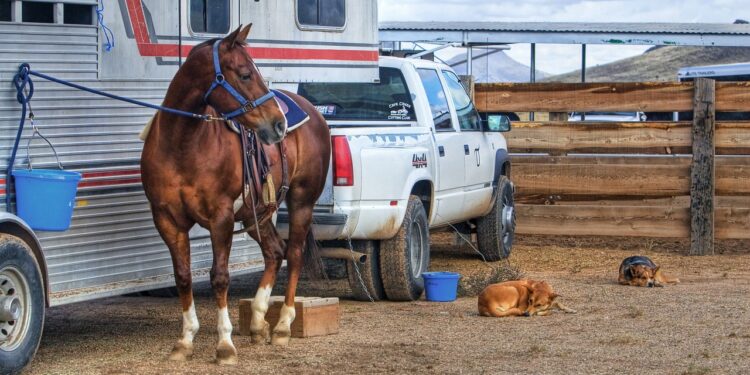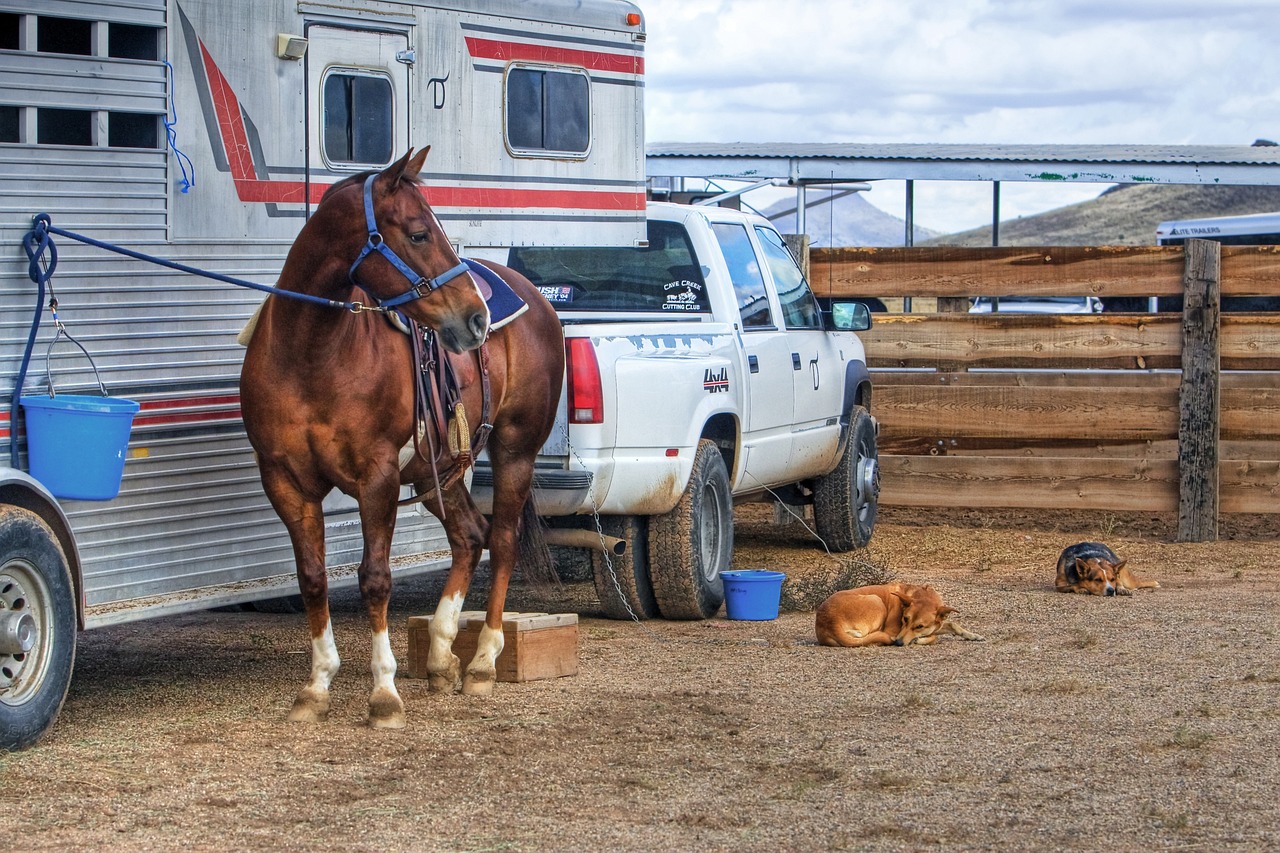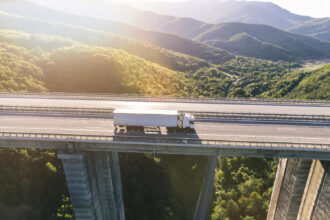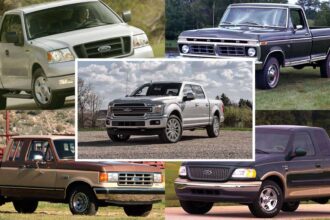How to Choose the Best Vehicle for Towing


Whether you’re hauling a boat, a travel trailer or heavy equipment, finding the right vehicle is important for safety, performance and efficiency. Here’s a comprehensive guide to help you choose the best vehicle for towing.
Table of Contents
1. Assess Your Towing Needs
Before you start looking at vehicles, understand your towing needs. Consider the following:
- Weight of the Load: Know the maximum weight of the trailer and cargo you plan to tow. This will determine the towing capacity you need.
- Frequency of Towing: Will you be towing regularly or just occasionally? Frequent towing requires a more robust and durable vehicle.
- Types of Terrain: Consider the environments you’ll be towing in. If you’ll be driving in mountainous or off-road conditions, you’ll need a vehicle with better power and stability.
2. Understand Towing Capacity
The towing capacity is the maximum weight a vehicle can safely tow. Exceeding this limit can be dangerous and lead to mechanical failure. When looking at a new Jeep, Dodge, Chrysler, Ram for sale, check the manufacturer’s specifications for the vehicle’s towing capacity and make sure it meets or exceeds your requirements. Remember to include the weight of the trailer and its contents when calculating the total load.
3. Engine Power and Torque
Towing requires substantial engine power and torque. Diesel engines are often preferred for towing because they provide higher torque at lower RPMs, which helps pull heavy loads. However, modern gasoline engines with turbochargers can also offer excellent towing capabilities. Look for vehicles with V6 or V8 engines for better performance, especially if you’re towing heavy loads.
4. Transmission and Drivetrain
Automatic transmissions are generally recommended for towing because they handle the shifting of gears more efficiently under load. Additionally, vehicles with rear-wheel drive or all-wheel drive are better suited for towing than front-wheel drive vehicles because they offer better traction and stability, especially when towing heavy loads.
5. Tow Packages and Hitch Options
Many manufacturers offer tow packages that include improvements such as upgraded cooling systems, suspension and brakes designed to handle the added stress of towing. These packages often include a heavy-duty hitch receiver and wiring harness for trailer lights and brakes. Ensure the vehicle you choose either comes with a tow package or can be equipped with one.
6. Braking Systems
Towing significantly increases the demand on your vehicle’s braking system. Look for vehicles with larger brake systems designed to handle the increased load. Additionally, consider a vehicle equipped with trailer brake controllers, which allow you to control the trailer’s brakes from the driver’s seat, providing better stopping power and safety.
7. Suspension and Stability
Heavy-duty suspension systems can better handle the weight and reduce the stress on the vehicle. Features like sway control and load-leveling systems enhance stability, reducing the risk of trailer sway and improving handling.
8. Safety Features
Safety should always be a priority when towing. Look for vehicles with advanced safety features such as:
- Trailer Sway Control: Helps stabilize the trailer if it begins to sway.
- Blind-Spot Monitoring: Alerts you to vehicles in your blind spot, necessary when towing wide trailers.
- Backup Cameras: Invaluable when hitching and reversing with a trailer.
- Adaptive Cruise Control: Maintains a safe distance from the vehicle ahead, which can be particularly useful on long towing journeys.
Ensuring a Smooth Experience
Choosing the best vehicle for towing involves carefully considering your specific needs and matching them with the right features and capabilities. Whether you need a powerful truck or a versatile SUV, taking the time to select the right vehicle will ensure a smoother and more reliable towing experience.






